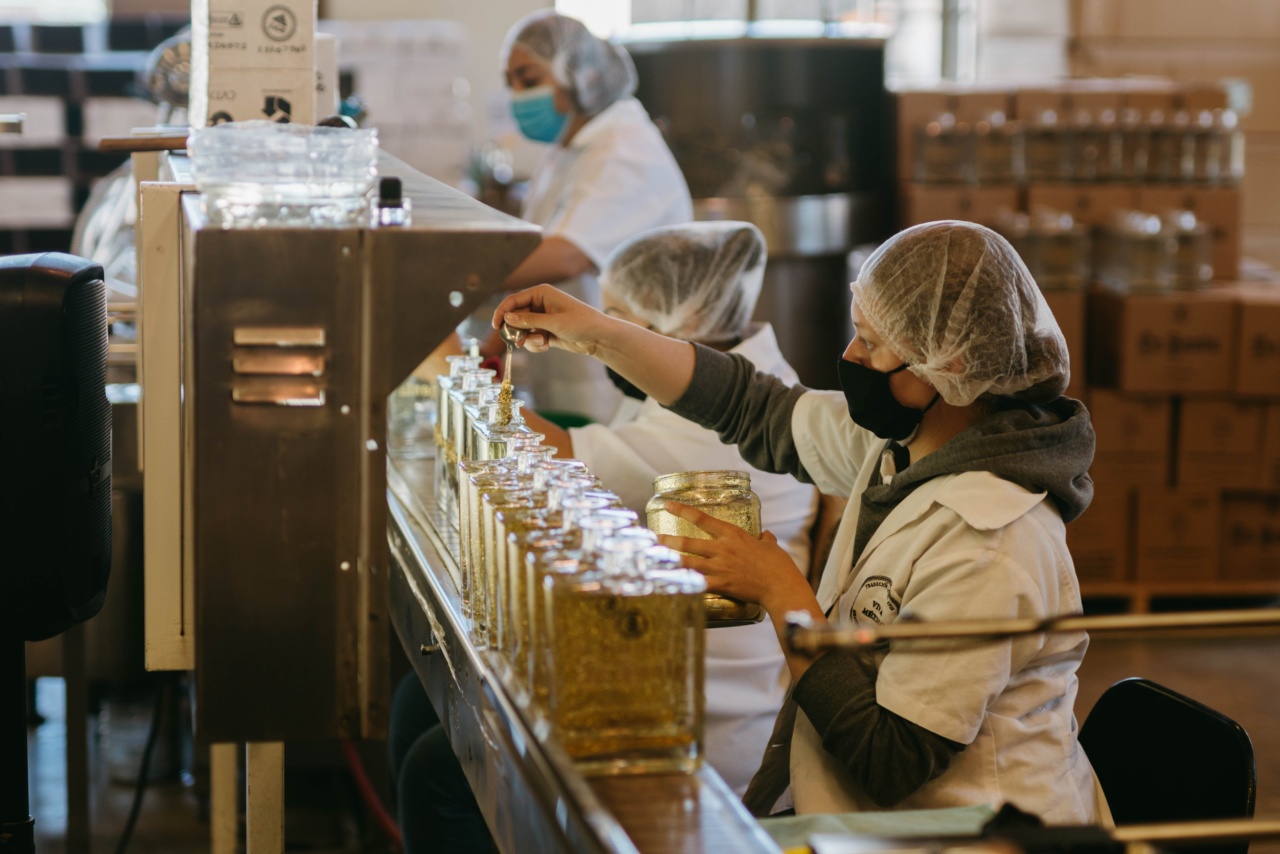Many people have found themselves working longer hours than ever before due to the global pandemic.
The rise of remote working has meant that people are often staying at their desks for longer and there are no clear boundaries between work and home life. This increase in working hours has had a significant effect on alcohol consumption.
In this article, we will be exploring the ways in which working longer hours can affect alcohol consumption, and why it is important to monitor your alcohol intake when working excessive hours.
The relationship between workload and alcohol
Studies have shown that there is a strong relationship between workload and alcohol consumption. The more work that an individual has to do, the more likely they are to engage in heavy drinking.
Additionally, job stress has been identified as a significant factor in the increased use of alcohol. This is because alcohol is often used as a coping mechanism for stress and anxiety.
The impact of remote working on alcohol consumption
Remote working has had a considerable impact on alcohol consumption. This is due to the shift in work-life balance, with people struggling to separate their working hours and their leisure time.
Remote workers are also more likely to experience isolation and loneliness, and therefore may turn to alcohol as a social aid. There is also the issue of people using alcohol to deal with the stress and anxiety associated with having to work from home, which can lead to a dangerous cycle of dependency.
The health risks of excessive alcohol consumption
Excessive alcohol consumption can lead to a range of health problems, including liver disease, heart disease, and nerve damage.
It can also have a significant effect on mental health, with heavy drinking increasing the likelihood of depression and anxiety. Alcohol can also impact sleep quality, leading to insomnia and disrupted sleep patterns. All of these issues can contribute to a reduced quality of life, which is why it is crucial to monitor your alcohol intake when working long hours.
The importance of self-care
It is essential to take care of yourself when working longer hours. Self-care can include a range of activities, such as exercise, meditation, and spending time with loved ones.
One crucial aspect of self-care is monitoring your alcohol intake and ensuring that you are not using it as a coping mechanism for stress and anxiety. It is also important to be aware of the dangers of excessive alcohol consumption, and to seek help if you find yourself struggling to control your drinking habits.
The role of employers
Employers have a crucial role to play in promoting a healthy work-life balance for their employees. This includes ensuring that their employees are not working excessive hours and have a clear separation between their work and leisure time.
Organisations can also provide support for employees who may be struggling with stress and anxiety, such as counselling or mental health support. Employers can also educate their employees about the dangers of excessive alcohol consumption and support them in monitoring their alcohol intake.
The benefits of reducing alcohol consumption
Reducing alcohol consumption can have a significant impact on an individual’s health and wellbeing. It can lead to better sleep quality, improved mental health, and a higher quality of life.
Reducing alcohol intake can also lead to higher levels of productivity and motivation, which can benefit both the individual and their employer.
The dangers of excessive alcohol consumption during a pandemic
The global pandemic has led to a rise in mental health issues, and an increase in alcohol consumption.
This is particularly dangerous, as excessive alcohol consumption can exacerbate the effects of stress and anxiety, and increase the likelihood of developing mental health problems. It is crucial that individuals are aware of the dangers of excessive alcohol consumption during the pandemic, and take steps to monitor their alcohol intake and seek support if needed.
Conclusion
Working longer hours can have a significant effect on alcohol consumption. It is essential to monitor your alcohol intake and ensure that you are not using it as a coping mechanism for stress and anxiety.
Employers also have a vital role to play in promoting a healthy work-life balance for their employees and educating them about the dangers of excessive alcohol consumption. Self-care is crucial, and individuals should be aware of the benefits of reducing their alcohol intake.
Overall, it is essential to take care of yourself during these challenging times, and to seek help if you find yourself struggling with excessive alcohol consumption.































